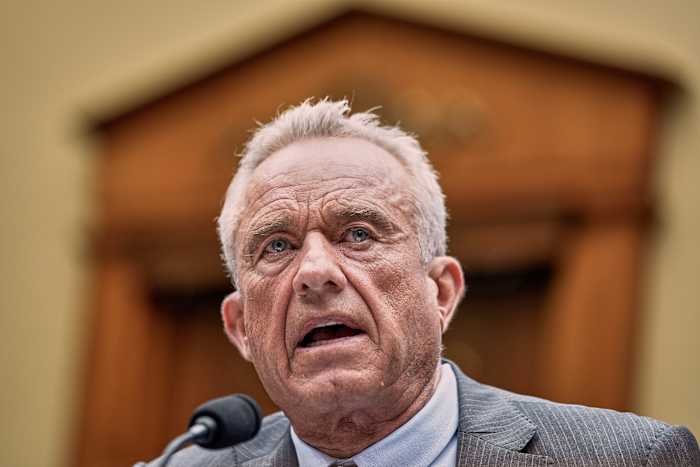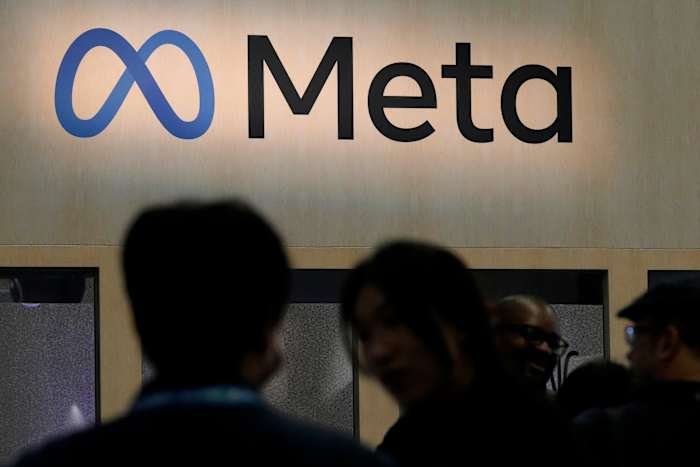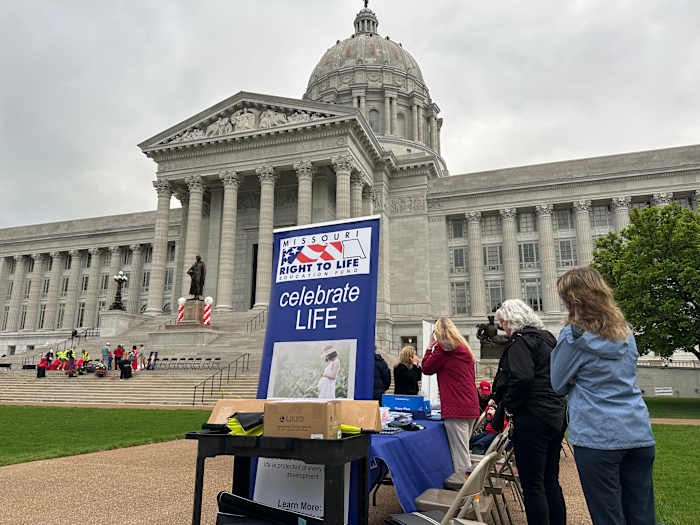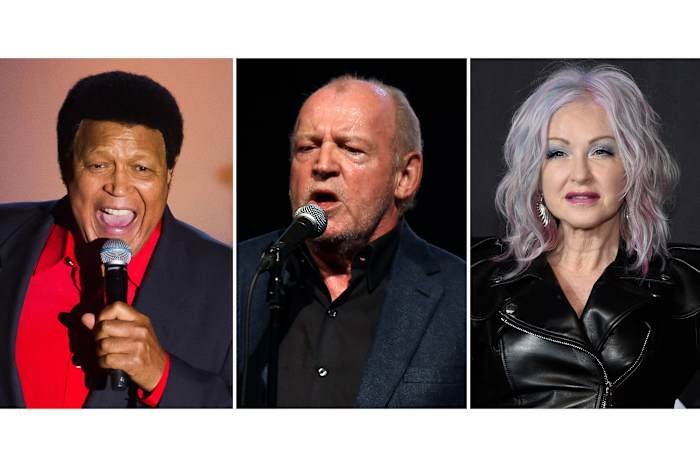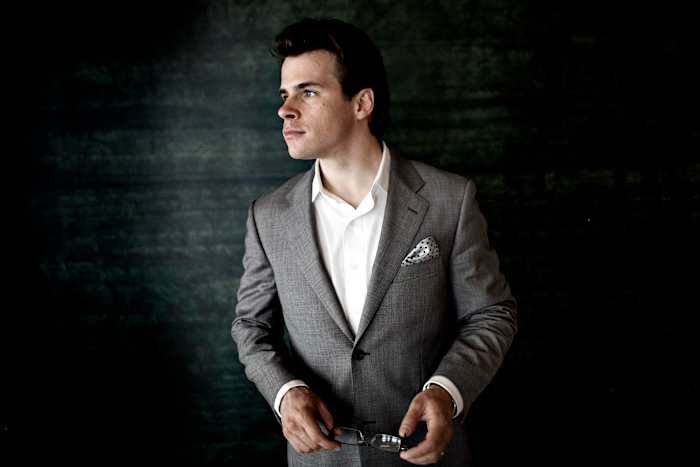In a pivotal move for national health policy, U.S. Health Secretary Robert F. Kennedy’s newly appointed vaccine advisory panel has convened for the first time. This group, assembled amid ongoing debates about vaccination and public health, carries significant implications for communities across the nation—including right here in Orlando. With vaccines remaining at the forefront of many public health discussions, the actions and recommendations of this committee could influence everything from school immunization requirements to local medical practices. In this article, we’ll break down what Orlando residents need to know about the new advisers, their agenda, and how their decisions may affect our city.
Who Are the New Vaccine Advisers?
The newly formed vaccine advisory committee under Secretary Robert F. Kennedy brings together a diverse group of professionals, including epidemiologists, pediatricians, public health experts, and community advocates. The selection process aimed to ensure a balance of scientific expertise and community perspectives, reflecting a wide range of views on vaccine policies and safety.
Several members have backgrounds in vaccine research or have served on similar panels before. Others are newcomers—parents and local advocates—who represent community concerns. While the committee’s composition has sparked both praise and skepticism, its stated goal is to provide transparent, evidence-based recommendations on vaccine policy and safety. For Orlando, a city known for its diverse population and high influx of tourists, the makeup of this panel could directly impact local public health strategies.
Key Topics on the Agenda
At their first meeting, Kennedy’s advisers tackled several timely topics relevant to Orlando residents. Among them:
- School Immunization Requirements: With Orange County Public Schools serving one of the largest student populations in Florida, any changes to vaccine mandates could have immediate consequences for families and educators.
- COVID-19 Booster Guidance: The panel discussed updated recommendations for COVID-19 boosters, which remain a top concern for local healthcare providers and vulnerable populations in Orlando.
- Addressing Vaccine Hesitancy: Orlando’s diverse communities include groups with varying levels of trust in vaccines. The advisers explored new outreach strategies to ensure accurate information reaches all segments of the population.
- Tourism and Public Health: As a global tourist destination, Orlando faces unique challenges in preventing the spread of infectious diseases. The committee acknowledged the importance of tailored guidance for high-traffic areas like theme parks and convention centers.
Implications for Orlando’s Health Community
Orlando’s health infrastructure—spanning major hospitals, private clinics, and public health departments—has weathered significant challenges over the past few years. The recommendations from Kennedy’s vaccine advisers could impact:
- Healthcare Worker Policies: Local hospitals may adjust their own employee vaccination requirements based on federal guidance. This could affect staffing and protocols at facilities like Orlando Health and AdventHealth.
- Public Health Campaigns: Orange County Health Department often relies on national recommendations to shape local vaccine outreach. New strategies from the advisory panel may mean updated messaging or expanded services for residents.
- Community Events and Gatherings: From sports games to cultural festivals, Orlando’s busy event calendar means that any changes in vaccine policy or outbreak response will ripple quickly through the city.
Local health officials are watching closely, anticipating how these national decisions will translate into day-to-day realities for Orlando residents and businesses.
The Debate: Balancing Safety, Freedom, and Public Trust
The formation of Kennedy’s vaccine advisory group comes at a time of heightened debate about vaccine mandates, personal freedom, and public safety. In Orlando, as elsewhere, residents hold a wide spectrum of views. Some parents advocate for more choice concerning school vaccinations, while others emphasize the communal benefits of high immunization rates.
The panel’s first meeting highlighted the ongoing need to balance these perspectives. Their discussions included how to maintain public trust in vaccines, ways to address misinformation, and the importance of transparency in decision-making. Orlando community leaders, including those from local schools and faith-based organizations, have expressed hope that the panel will listen to grassroots concerns while upholding scientific rigor.
As recommendations are finalized, Orlando residents should stay informed, participate in public comment periods, and connect with local health resources for the latest updates.
What Comes Next?
The work of Secretary Kennedy’s vaccine advisers is just beginning. Their recommendations will be reviewed by federal agencies and could lead to changes in state and local policy. For Orlando, upcoming months may bring:
- Potential updates to school immunization policies for the next academic year
- Revised booster shot schedules and eligibility requirements in local clinics
- Expanded public health education efforts in neighborhoods with low vaccination rates
- Targeted guidance for high-risk events and travel hubs
City officials and healthcare providers are urging residents to stay engaged and informed as new developments unfold.
Conclusion: Your Voice Matters in Orlando’s Vaccine Policies
The first meeting of Kennedy’s new vaccine advisers marks a significant step in shaping America’s—and Orlando’s—public health future. Their work will influence everything from school policies to how our city prepares for the next disease outbreak. As these changes take shape, Daily Orlando News encourages our readers to stay involved, ask questions, and share their perspectives.

